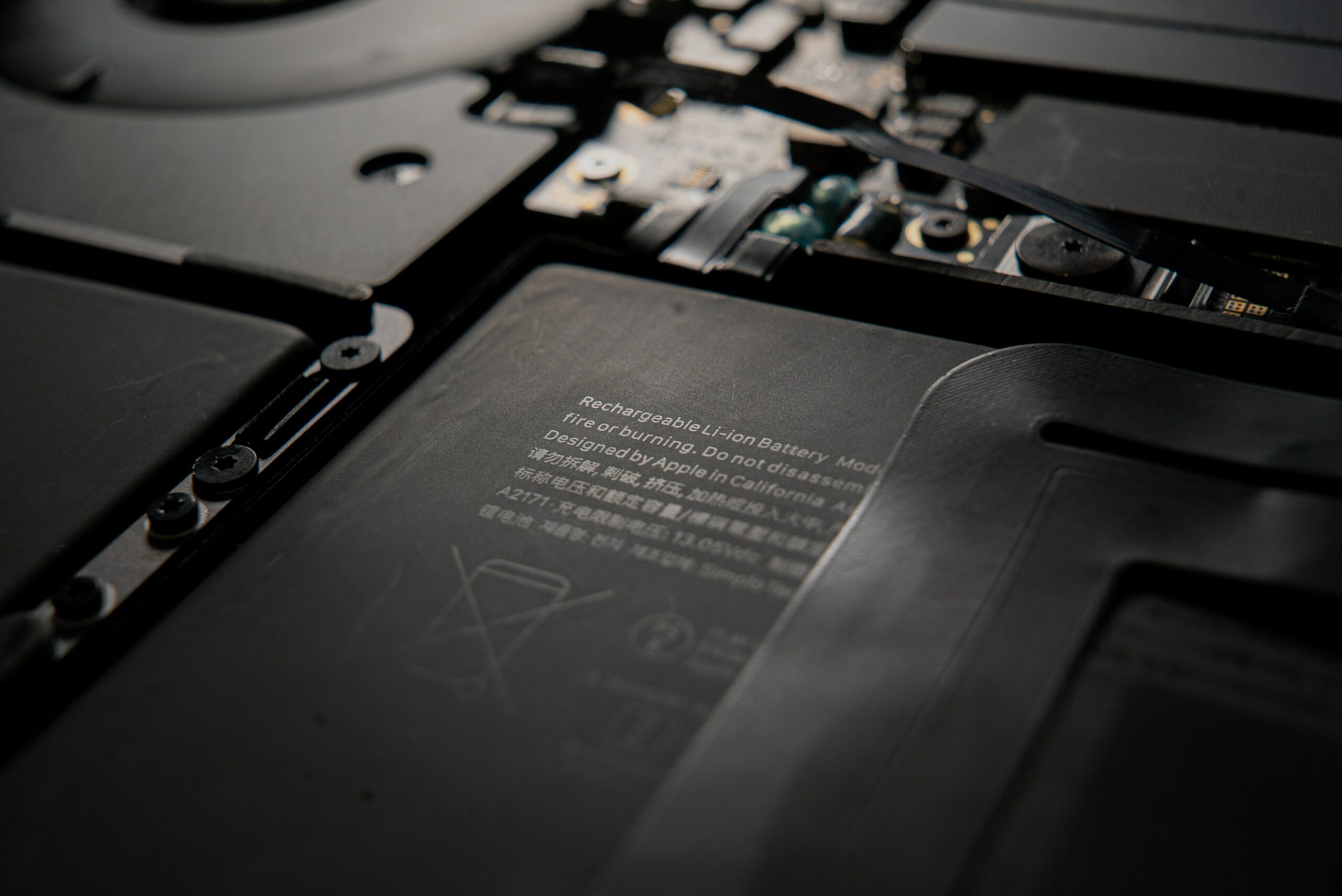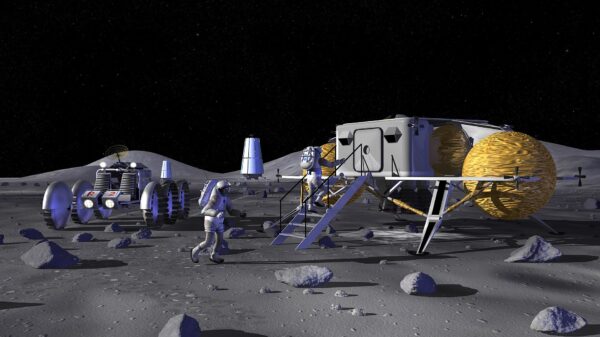The University of Sydney has completed innovative research with profound implications in the field of renewable energy.
On Tuesday, the institution announced that a team of researchers from its School of Chemical and Biomolecular Engineering had successfully developed a battery made from sodium-sulphur with superior characteristics to lithium-ion batteries.
The researchers say the “Na-S” battery is more energy dense, significantly cheaper to produce, holds four times the energy capacity of lithium-ion batteries and is a less toxic alternative to them as well.
Researchers are hoping that a new, low-cost battery which holds four times the #energy #capacity of lithium-ion #batteries will significantly reduce the cost of transitioning to a #decarbonised economy.
Read more: https://t.co/LG6500525h pic.twitter.com/f0RUD4tEQB
— Engineering Sydney Uni (@Eng_IT_Sydney) December 7, 2022
Read more: GM opens Canada’s first electric vehicle factory in Ontario
Read more: Canada invests $27M in Alberta lithium production plant
According to the institution, sodium-sulphur batteries have existed for over 50 years but were previously an inferior alternative to lithium-ion. Over the decades, their widespread use has been hindered by short life cycles and a low energy capacity.
Through the use of a “simple pyrolysis process” and carbon-based electrodes the researchers have now been able to craft a battery with a long life span and high energy storage capacity from the chemical elements. Sodium-sulphur is a type of molten salt which can be processed from salt water in the sea inexpensively.
The battery, primarily designed by lead researcher Shenlong Zhao, is specifically crafted to lower operational costs and offer a high-performance solution for large renewable energy systems like electrical grids.
“Our sodium battery has the potential to dramatically reduce costs while providing four times as much storage capacity. This is a significant breakthrough for renewable energy development which, although reduces costs in the long term, has had several financial barriers to entry,” said Zhao.
“Storage solutions that are manufactured using plentiful resources like sodium – which can be processed from sea water – also have the potential to guarantee greater energy security more broadly and allow more countries to join the shift towards decarbonization.”
The University of Sydney has successfully built and tested lab-scale batteries of this type at its chemical engineering facility and researchers there now plan to refine and eventually commercialize them.
rowan@mugglehead.com












